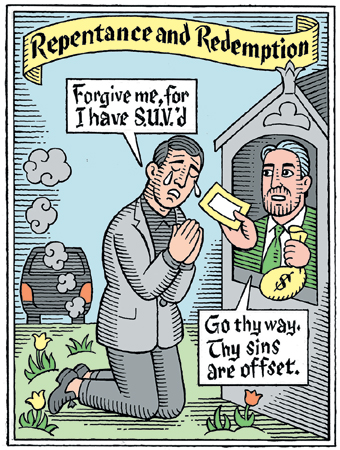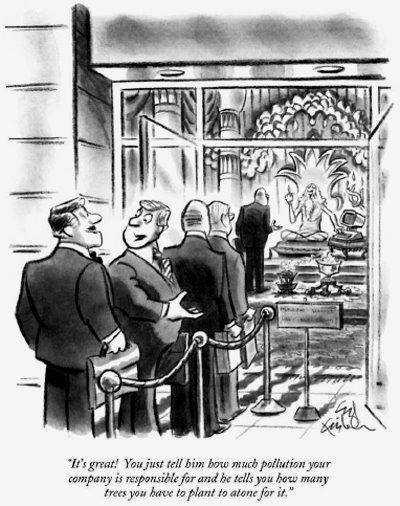Theology and the ‘green apocalypse’ "...The message that God loves the world and every creature on earth "has been the heart-beat of the ecumenical movement facing climate change", said Tveit, recalling the long history of WCC concern with ecological matters. In an ecumenical perspective, the concern for creation has always been linked to the concern for justice and peace. "It is not a matter of saying this is a planet for some of us", said Tveit, "this is a planet for all of us".
This point was also stressed by Jesse Mugambi, from the University of Nairobi and a member of the WCC working group on climate change. "The world is a world in which we are all relatives, but somewhere along the line we decided […] to treat each other as strangers", he said.
Mugambi explained that in Africa climate change is already causing both severe droughts on the one hand, and flooding on the other.. With the help of maps he showed that those parts of the continent rich in water and cultivable land are also the areas of greatest conflict. Such a conflict "has nothing to do with ethnicity, it has to do with resources."
For Mugambi, the role of Christian faith and religion in general – through its leaders, theologians and ethicists – is that of "bringing us back to the norms" that can contribute to address a challenge like climate change.
"We are not talking about 'helping' African countries", Mugambi said. "It is not a matter of 'help', but of survival for all of us."
Read rest of article
Subscribe to:
Post Comments (Atom)
Carbon Confessions from Earth Day 2009, Santa Barbara, CA
The Tree of Carbon Forgiveness

Carbon Penance Generator
|
Penance -- Then and Now

In the Middle Ages, there was no buying and selling of carbon indulgences. Now it's a booming business. "The worst of the carbon-offset programs resemble the Catholic Church's sale of indulgences back before the Reformation," said Denis Hayes, the president of the Bullitt Foundation, an environmental grant-making group. "Instead of reducing their carbon footprints, people take private jets and stretch limos, and then think they can buy an indulgence to forgive their sins." The New York Times, 4/29/07
Carbon-Neutral Is Hip, but Is It Green?

What's a Carbon Footprint?

A
carbon footprint is a "measure of the impact human
activities have on the environment in terms of the amount of
green house gases produced, measured in units of
carbon dioxide". It is meant to be useful for
individuals and organizations to conceptualize their
personal (or organizational) impact in contributing to
global warming. A conceptual tool in response to carbon
footprints are
carbon offsets, or the mitigation of carbon emissions
through the development of alternative projects such as
solar or wind energy or reforestation. A carbon footprint
can be seen as a subset of earlier uses of the concept of
ecological footprints.
Source: Wikipedia - Carbon Footprint
No comments:
Post a Comment